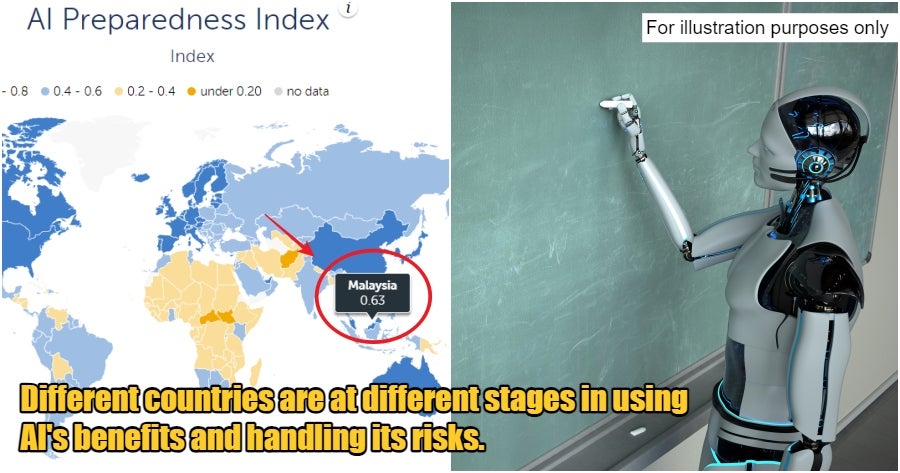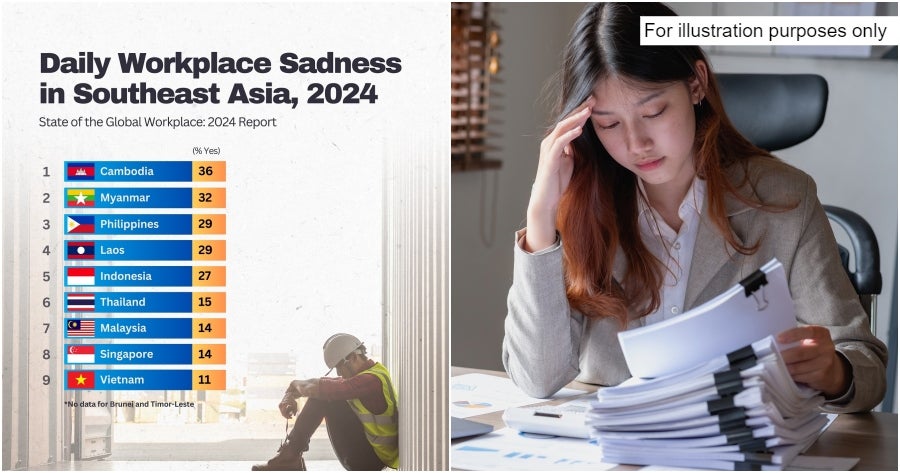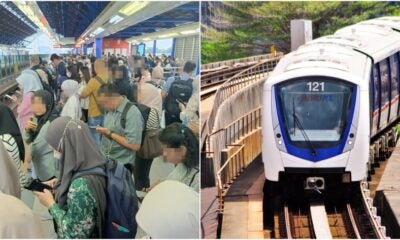Artificial Intelligence (AI) is slowly making its way into different fields and industries. As technology keeps advancing, AI is getting better at handling more complex tasks and solving tougher problems. But what does this mean for us humans?
The International Monetary Fund (IMF) recently released its AI Preparedness Index (AIPI), which assesses how prepared 174 countries are for artificial intelligence and evaluates their readiness levels.
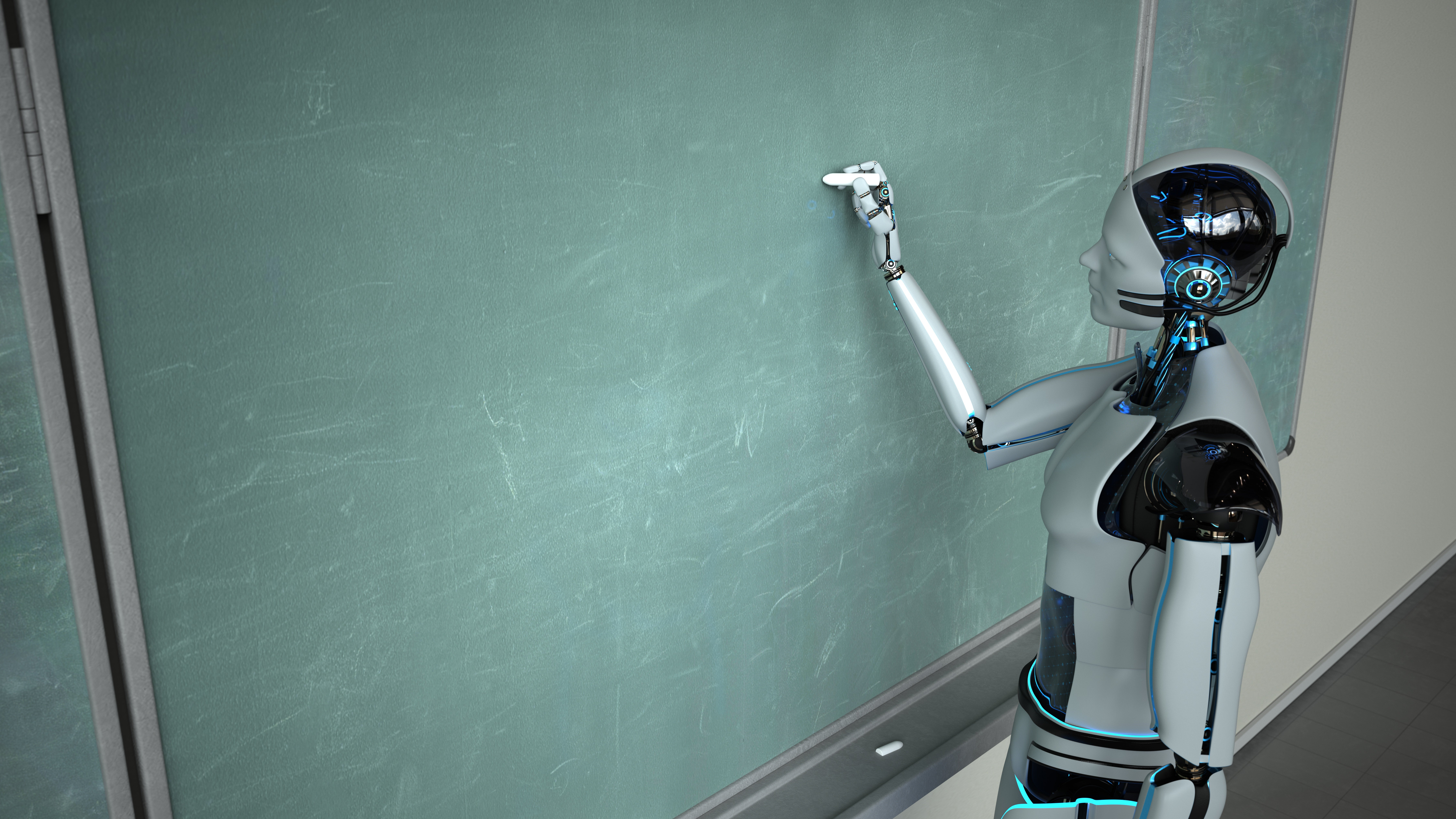
For illustration purposes only
How prepared are we for AI?
AIPI is said to monitor 174 economies by evaluating their digital infrastructure, human capital, labour policies, innovation, integration, and regulation.
The index is divided into 5 tiers, which include 0.8 or higher, 0.6 to 0.8, 0.4 to 0.6, 0.2 to 0.4, and under 0.2.
Singapore leads in Asia with a score of 0.8, placing it in the top tier. Japan and South Korea follow closely tied for 2nd place with scores of 0.73.
Hong Kong ranks 3rd with a score of 0.7, while Taiwan and China share 4th place with respective scores of 0.67 and 0.64. Malaysia closely follows with a score of 0.63.
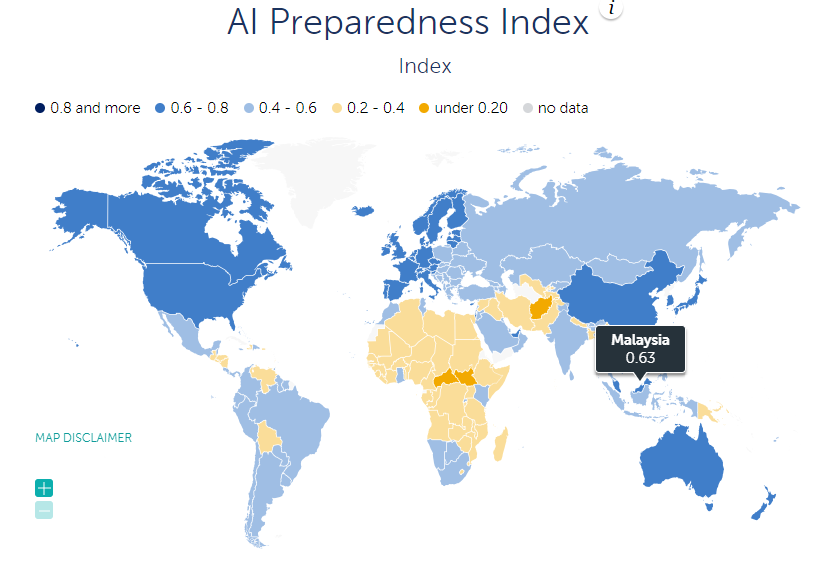
AI could risk wiping out jobs
According to the study, AI could bring risks like job loss and widening inequality.
Research has found that while AI has the potential to reshape the global economy, it could also impact 33% of jobs in advanced economies, 24% in emerging economies, and 18% in low-income countries.
What are your thoughts on this? Let us know in the comments down below!
Also read: Study: M’sia Ranks 7th in Worker Sadness Level in SEA, with On-Site Workers Being the Saddest

